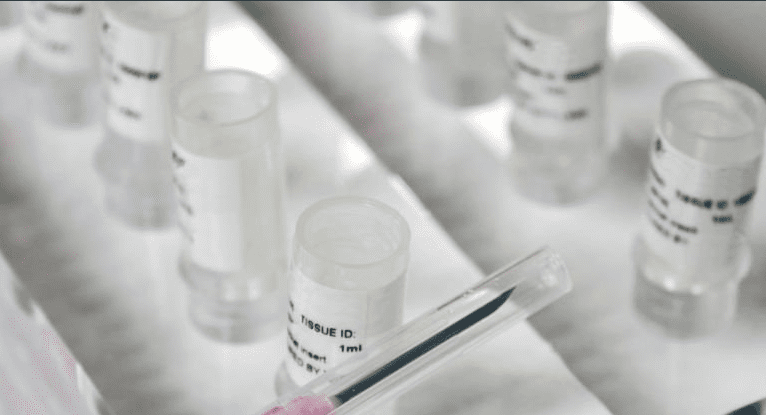Exploring the Promise of Mesenchymal Stromal Cells (MSCs) in Cell Therapy
A versatile and promising cell type in the field of regenerative medicine
Mesenchymal stromal cells (MSCs) have emerged as a versatile and promising tool in the field of regenerative medicine, offering a multitude of therapeutic possibilities. These multipotent cells possess the unique ability to differentiate into various cell types, including myocytes, adipocytes, osteoblasts, and chondrocytes, making them invaluable for tissue repair and regeneration.
In addition to their regenerative capabilities, one of the other remarkable features of MSCs is their capacity to secrete factors that stimulate tissue repair while modulating their microenvironment to exert anti-inflammatory and anti-fibrotic effects. Moreover, MSCs possess immuno-evasive properties, making them suitable for allogenic transplantation, and thus expanding their potential for widespread clinical use.
Furthermore, the emergence of MSC-derived extracellular vesicles (EVs) or exosomes has opened up new avenues for therapeutic intervention. These extracellular “bubbles” offer a novel approach to harnessing the therapeutic effects of stem cells without the associated risks of administering whole cells.
The versatility and inherent advantages of MSCs have generated significant interest in their therapeutic applications. Their availability, expandability, transplantability, and the lack of ethical concerns over their use make them particularly attractive for cell therapy initiatives. MSCs demonstrate a remarkable ability to migrate to sites of tissue injury or inflammation, offering targeted treatment options for various conditions, including Graft-versus-Host disease
As research into MSCs progresses, a broad range of research products and technologies have been developed to support their use in regenerative medicine. Manufacturing technologies aimed at facilitating commercial-scale production of MSCs are becoming more and more important, as this will further enhances their accessibility for clinical applications. Additionally, MSCs are well-suited for integration into 3D printing technologies, enabling the fabrication of complex structural tissues with improved precision.
The MSC market is witnessing significant growth, driven by population aging, increasing prevalence of chronic diseases (such as Diabetes Type I and Rheumatoid Arthritis), and growing demand for MSC-based research products. With at least 113 market competitors developing various MSC-related products and technologies, this underlines the importance of staying informed, being innovative and working together to navigate and benefit from the evolving landscape.
In conclusion, MSCs hold immense promise for revolutionizing regenerative medicine and addressing a wide range of medical conditions. With ongoing research and technological advancements, the potential of MSC-based therapies continues to expand, offering new avenues for improving patient outcomes and enhancing quality of life.

Manufacturing technologies aimed at facilitating commercial-scale production of MSCs are becoming more and more important, as this will further enhances their accessibility for clinical applications.
